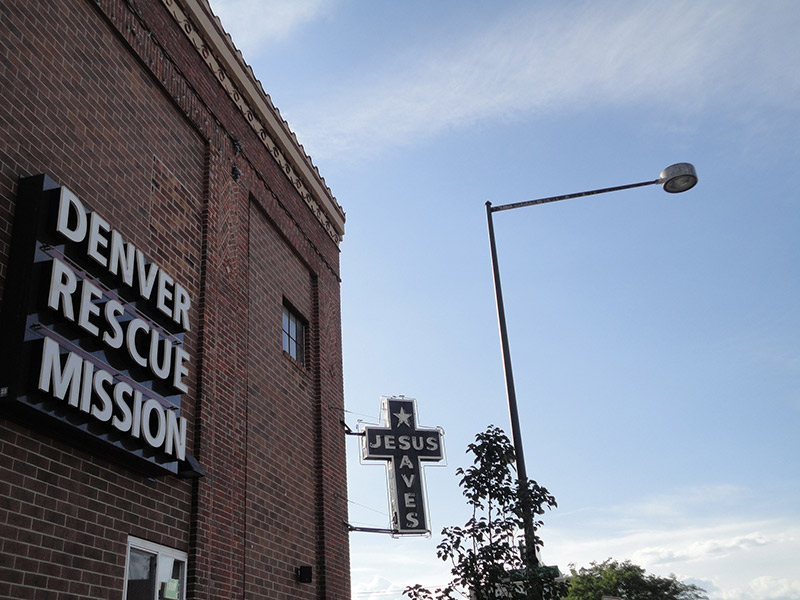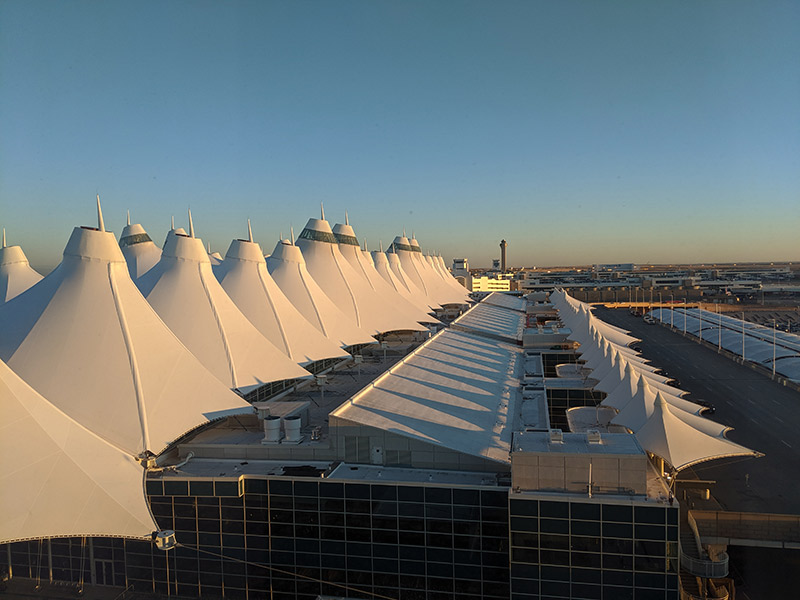Xcel Energy is proposing to deploy seven microgrids across the state of Colorado. Hearings are scheduled before the Colorado Public Utilities Commission June 24th and 25th to determine whether the utility will be able recover the $23.4 million dollar cost from its ratepayers.
The microgrids are intended to boost community resilience, enable use of batteries rather than natural gas peaker plants to reduce peak loads on the electric grid, and explore a variety of microgrid designs and service models.
In late May, Xcel negotiated a settlement with stakeholders including consumers, regulators, environmental groups and labor organizations. That settlement paves the way for cost recovery, and as part of the agreement, the investor-owned utility must provide a detailed accounting of microgrid expenditures.
Seven Colorado microgrids will address community resilience
Seven microgrids were chosen out of 20 submitted in response to a solicitation on community resilience issued by Xcel Energy in May 2019. Xcel awarded points based on three criteria in order of importance: project feasibility, benefits to the grid, and benefits to society.

Each project currently serves its community as a resilience center, designated to provide food, water, and shelter in the event of an emergency. The new microgrids will provide backup power to these facilities in the event of a grid failure.
All the microgrids will include solar PV and batteries, and three out of the seven also include backup diesel power. The microgrid locations selected represent diverse geographic areas of the state and will benefit communities that range from small mountain towns to Colorado’s capital city. The projects include:
- Denver International Airport: $5.5 million to improve resilience of the transit system that provides passenger access to the airport’s three concourses.
- National Western Center: $5.5 million to power a low-carbon campus that will house the National Western Stock Show and other events, educational and agricultural activities with an estimated peak demand of 4.4 MW.
- Denver Rescue Mission’s Lawrence Street Community Center: $1.4 million to serve the homeless community.
- City of Arvada Center for the Arts and Humanities: $4.1 million
- Town of Nederland Community Center: $2.2 million
- Summit County Middle School: $2.5 million
- Alamosa Family Recreation Center: $2.2 million

Across the country, utility regulators have had mixed reactions to cost recovery for microgrids. While the state of Illinois approved cost recovery from utility ratepayers for a microgrid, a microgrid project proposed by Baltimore Gas & Electric was rejected because it did not include any renewable energy or energy storage.
